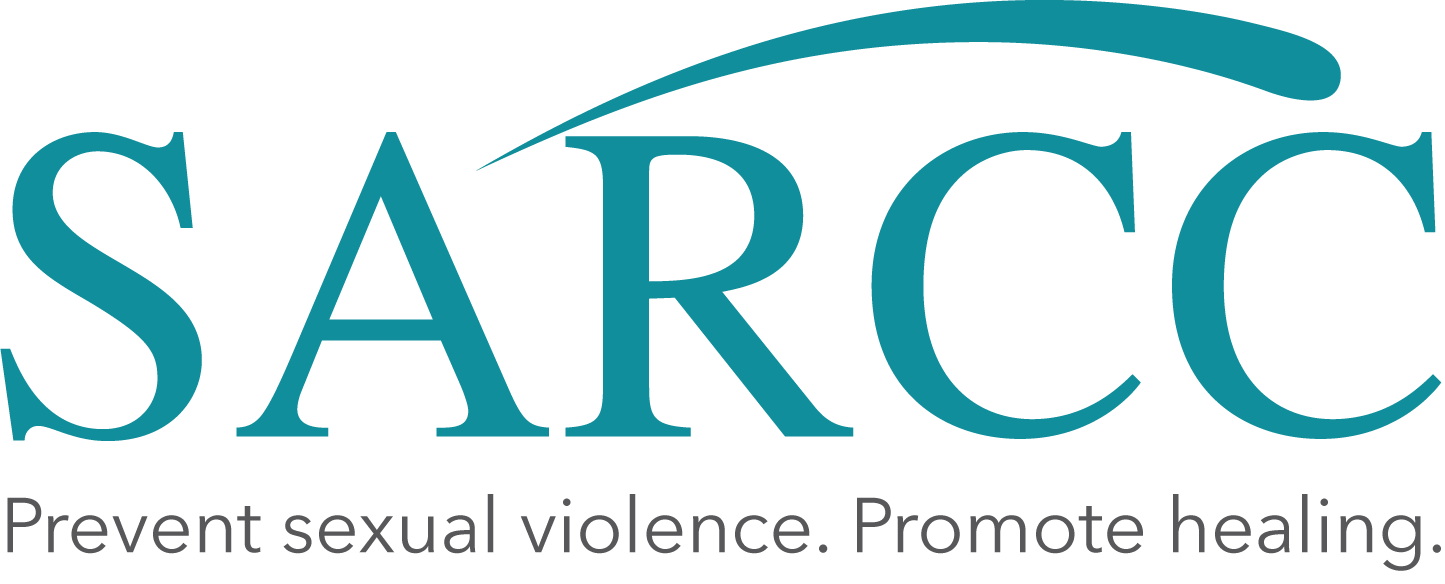Resource of the week: Medical Care after sexual assault
A survivor of sexual assault has the right to seek medical care following crime. Understate statues, emergency rooms in Pennsylvania are required to provide emergency sexual assault care and access to forensic examinations following the assault. If a survivor chooses to seek this emergency medical care following their experience of sexual assault, it can be helpful to know what to expect.
Most emergency rooms will make every effort to provide a private room as quickly as possible for the survivor. Following an initial medical triage for any life-threatening or dangerous medical conditions, the hospital is required to offer access to a sexual assault advocate. In Lebanon and school counties, SARCC provides this advocacy through our 24 hour hotline. Like most emergency room visits, waiting for medical care, testing, the forensic exam, and any prescribed medication’s can take several hours.
In counties like ours, hospitals may call a SAFE nurse examiner from another hospital in the network to provide the medical care and support. Having an advocate on site can help the survivor ask any questions related to what to expect and what their options are for medical care and reporting, work through any initial trauma reactions, and build skills for grounding and support following the assault.
A sexual assault forensic exam (SAFE) is a comprehensive head to toe examination that also includes evidence collection, which is then admissible in court proceedings. Nurse examiners are specially trained to gather this evidence and work to do it and a trauma informed survivor centered way. Survivors have the right to choose or deny any parts or components of the care or exam that are offered. At the same time, completing an entire forensic exam, including a gynecological exam can feel invasive or triggering for the survivor. Having support through this process from an advocate can be incredibly helpful. Evidence collection can usually take place if the survivor reports to the emergency room within 24 to 96 hours of the assault.
Survivors do not need to complete a forensic exam in order to access medical care related to a sexual assault. If they do complete the forensic exam, the hospital is required to contact the police department from the jurisdiction, where the assault is believed to have been occurred in order to turn over evidence collected. Survivors do not have to speak to an officer, and in many jurisdictions will have a right to report anonymously and have their evidence held in safekeeping. For example, the district attorney’s sexual assault protocol in Schuylkill county outlines the procedure for an anonymous reporting and the hospital, turns the evidence over to the Pottsville police for safekeeping.
Survivors will also receive counseling on post exposure prophylaxis for various sexually transmitted infections. Unless the hospital has a special exemption due to religious affiliation, the survivor may be canceled on emergency contraception if desired, and the assault may reasonably lead to pregnancy. Any survivor has a right to get access to counseling and support through a sexual assault center, like SARCC, at any point after the assault. Sexual assault survivors have access to a forensic exam at no personal cost to them. The state of Pennsylvania provides compensation to the hospital for performing this exam and survivor should never receive a bill. If you know a sexual assault survivor who received a bill after a forensic exam or medical care received at the hospital, one of our sexual assault advocates can work with that survivor to access victims compensation, so that the bill will not be in their name. Contact an advocate by calling our hotline at 717-272-5308 or 570-628-2965 24/7.



